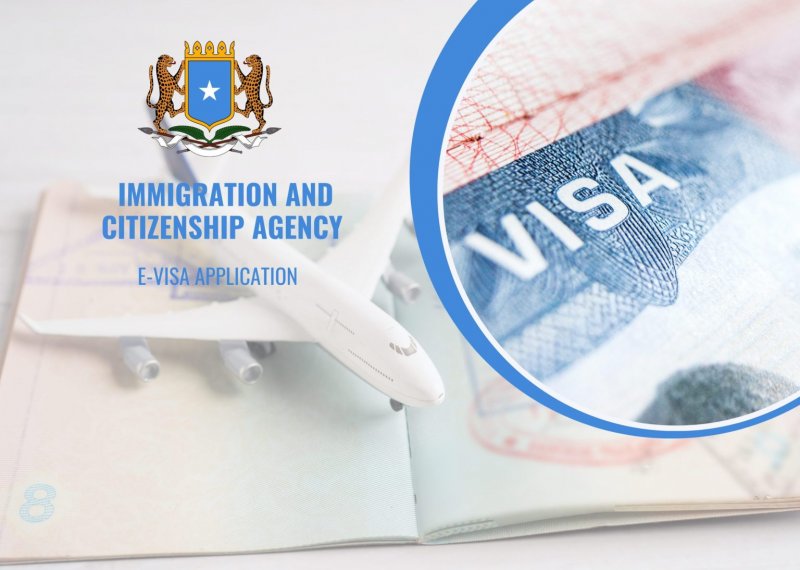A major breach in Somalia’s electronic visa system has triggered fresh security concerns and renewed tensions in the Horn of Africa. Both the United States and the United Kingdom have issued urgent warnings after receiving credible reports that unidentified hackers infiltrated Somalia’s e-visa platform, potentially exposing personal data belonging to more than 35,000 applicants, including American citizens.
According to the US Embassy in Mogadishu, leaked documents circulating online contain names, photos, dates of birth, marital status, home addresses, and email contacts. The UK issued a parallel alert advising travellers to “consider the risks before applying for an e-visa,” noting that the breach is ongoing and that any newly entered information could also be compromised.
Somalia has quietly shifted its visa system from evisa.gov.so to etas.gov.so, although officials have not commented on whether the move is linked to the cyberattack. The Somalia Civil Aviation Authority has yet to respond to media inquiries.
The breach comes at a sensitive time, coinciding with a growing standoff between Somalia and the self-declared Republic of Somaliland over control of Somali airspace. All travellers—including those heading to Somaliland and Puntland—are required by Mogadishu to apply for visas through the national online system.
Somaliland authorities, however, have rejected Somalia’s e-visa outright. President Abdirahman Irro declared that airlines must obtain clearance from Hargeisa before entering Somaliland airspace, insisting that visitors will continue to receive visas on arrival. Somaliland’s government argues that the compromised Somali system is unsafe, warning that leaked personal data could “fall into the hands of extremist groups.”
Airlines, caught between the two governments, are demanding Somalia’s e-visa approval before boarding travellers. As a result, several passengers bound for Somaliland have been stranded in transit after being denied boarding.
Meanwhile, Mogadishu asserts full administrative and legal control over the Mogadishu Flight Information Region (FIR) and has instructed all aircraft to ignore directives issued by any other authority. The Somalia Civil Aviation Authority warned that non-compliance could lead to aviation safety risks and serious legal consequences.
The unfolding crisis highlights the fragile balance between cybersecurity, regional politics, and safe travel across Somalia.

